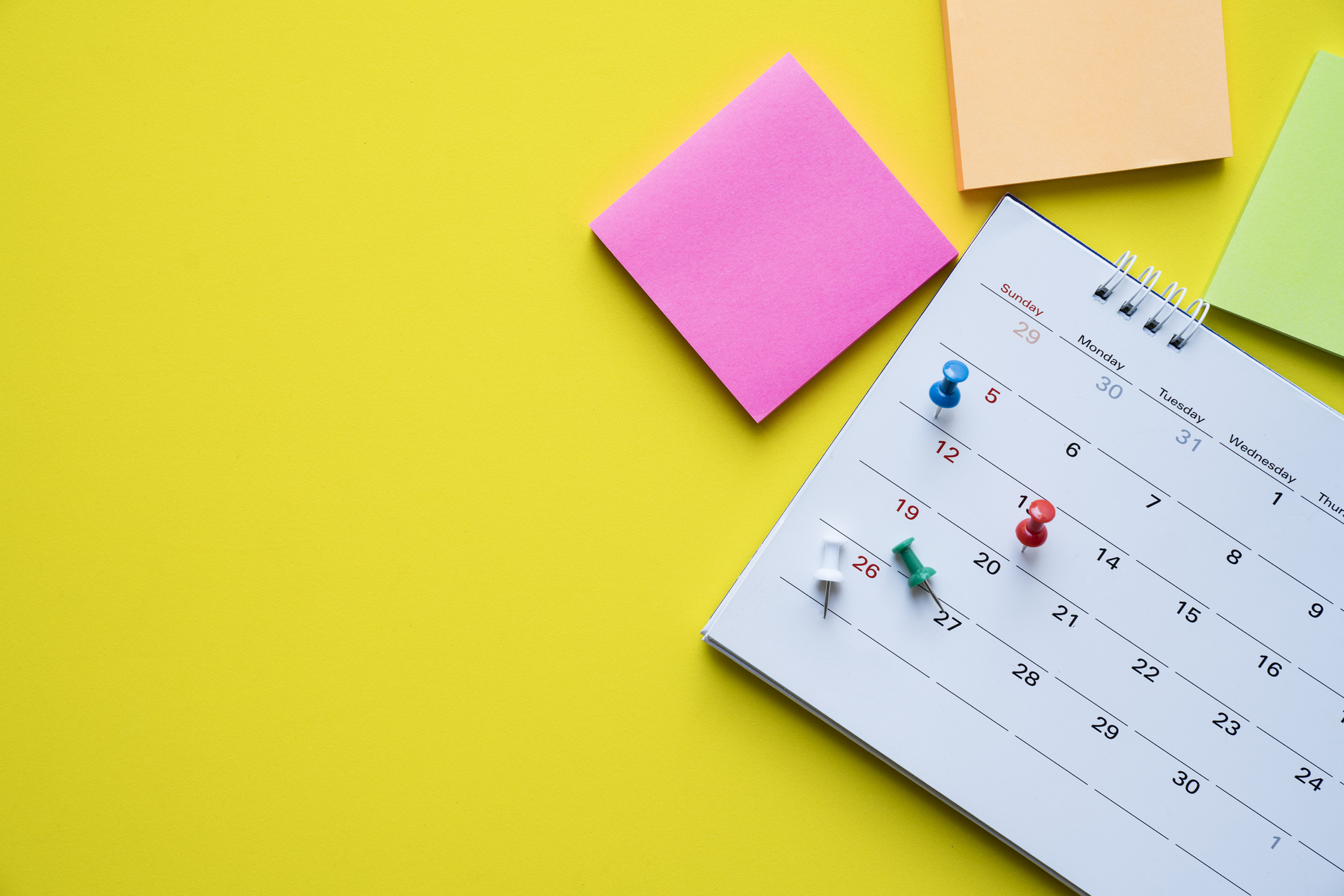As burnout becomes increasingly common among employees, parents, students, and pretty much every demographic you can think of, it’s important to embrace self-care and self-prioritization now more than ever. At times, burnout can seem unavoidable. Your new promotion might feel overwhelming, or you fall into the habit of comparing your successes to those of your co-workers and friends. Maybe it’s the constant pressures of motherhood or fatherhood causing you to overthink your every move, or perhaps the chaotic environment of college has left you feeling exhausted.
No matter what stage of life you find yourself in, burnout is not only something to be aware of, but also something that can be avoided. Making yourself a priority is instrumental in overcoming the physical and mental tolls of burnout, but it’s easy to get into habits that don’t necessarily put you at the top of your own priority list. Here’s how you can correct that.
You’re putting others’ needs before your own
Oftentimes, caring for others is seen as a way to care for oneself. There is nothing wrong with valuing the wants and needs of the ones you love, and even making sacrifices for them, but those sacrifices shouldn’t get in the way of your own well-being. Lisa Firestone, Ph.D., says that if we aren’t attuned to our own needs, we can start to make sacrifices that have a negative impact on ourselves and our loved ones.
“When we fill our time with responsibilities and constantly prioritize the needs of others over our own, we can drain ourselves of energy and desire,” Firestone says. “If we are kind to ourselves and considerate of our own needs, we are more likely to show up fully for the people to whom we extend ourselves.” Finding a healthy balance between your passions and obligations and those of others is less likely to result in burnout, and more likely to give you the time and enthusiasm to be there for yourself and your family and friends.
You’re saying yes to things you don’t want to do
Let’s face it — saying no can be awkward and intimidating. Saying yes to things you don’t want to do can feel like the right decision, but it can also result in frustration, or feeling like you’re stretching yourself too thin. Susan Newman, Ph.D., tells the American Psychological Association that most people face difficulties when turning down requests for a variety of reasons. “As young children and teens, we have had ‘no’ drummed out of us. We’re taught to do what our parents say and what authority figures tell us,” she says.
In addition, Newman notes that people often believe saying yes will help them avoid confrontation, and the appearance that they are “selfish, uncaring, or lazy.” Students, especially, might be under pressure to say yes because they believe they have to appease their advisers and professors. To avoid getting on what Newman calls a “yes treadmill,” think about the benefits of saying yes. Would the decision help you in any way, or would you end up sacrificing a component of your well-being? If saying yes will lead to added stress or take away energy you need to dedicate to another task, it’s time to take a deep breath and practice the art of saying no.
You’re disguising unhealthy or unhelpful habits as coping mechanisms
Each of us has our own ways of coping with stress and burnout that are particular to our needs and personalities. Some might find shopping to be a cathartic experience, while others might prefer to stay in to unwind from a long day. No matter how you decide to eliminate stress, make sure you don’t create a habit that leads to even more stressors in the long run.
If you decide to embrace a little retail therapy, make sure it won’t leave you in debt or lead to a cluttered home environment. When considering one’s broader financial context, studies have shown that more debt can lead to higher perceived stress and depression, as well as worse self-reported general health. Clutter, too, can have a negative impact on one’s sense of home and well-being. Don’t let your hours of staying in and watching your favorite series keep you up all night either, as insufficient sleep has shown to be a risk factor for burnout. This is not to say that you should give up things that bring you happiness and relaxation — instead, monitor your habits and learn to enjoy things in moderation.
You’re not enjoying free time
Free time is a blessing and a curse — some of us simply don’t know what to do with it. If you’re like me, you always feel like you have to be doing something, and if you’re not, it feels wrong. While it’s easy to give in to the concept of hustle culture, all work and no play can have a negative impact on your well-being. Making an effort to incorporate simple therapeutic lifestyle changes, such as meditation and spending time outside, into your daily routine can improve mental health, physical health, and self-esteem.
Follow us here and subscribe here for all the latest news on how you can keep Thriving.
Stay up to date or catch-up on all our podcasts with Arianna Huffington here.


